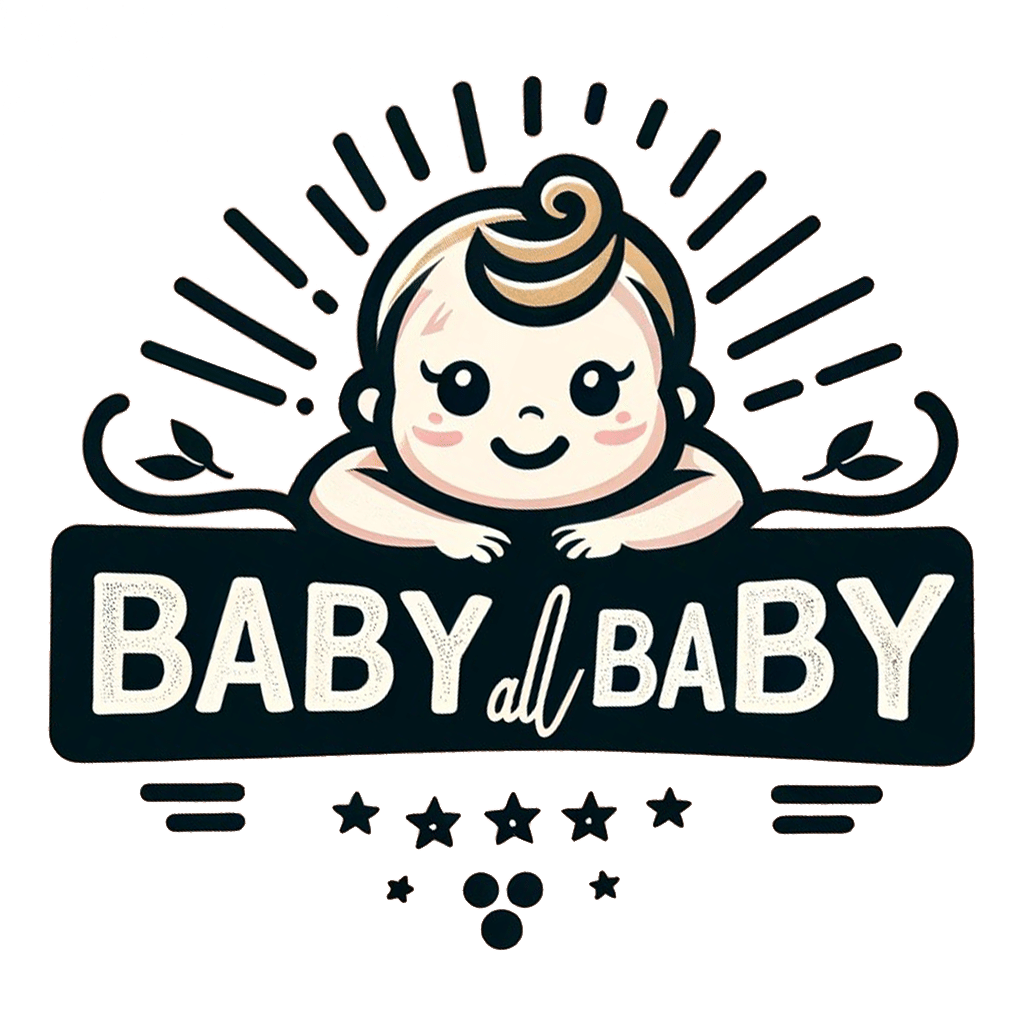The healthcare professional uses a lancet to pierce a person’s skin and apply a small amount of the suspected allergen to see if it causes a reaction. However, standardized skin testing using different types of alcohol is not currently available. If a person thinks they have an alcohol allergy, they should eliminate alcohol from their diet and consult with a healthcare professional.
What is Alcohol Allergy and How Common is It?
In some cases, a healthcare provider may identify an allergy to a specific ingredient or compound in wine, like grapes. While true alcohol allergies are uncommon, they do exist, and alcohol intolerance and reactions to ingredients in your favorite drinks are pervasive. Here’s how to spot the clues that you might not get along well with alcohol. This could be due to specific ingredients or allergens in these beverages. When such a situation occurs, you need to seek immediate sneezing after drinking alcohol medical help to get healed in a due time.
It’s crucial to be aware of these factors and manage alcohol consumption accordingly to avoid exacerbating allergy symptoms. It can exacerbate existing symptoms, trigger allergic reactions due to the substances it contains, or contribute to conditions like allergic rhinitis. Alcohol-related allergic reactions are not limited to alcohol itself but can also be induced by additives, preservatives, and other ingredients in alcoholic beverages. An alcohol intolerance, or ingredients like histamines in alcohol cause an allergy-like reaction in drinkers, swelling the the mucosal membranes in the nasal passages and airways.
The nurse explains that this is due to the presence of sulphites, which preserve many alcoholic drinks. “For some people with sensitive airways, such as asthmatics, consuming sulphites in alcohol may cause wheezing,” she explains. “Alcohol may in some people aggregate skin conditions like urticaria (hives),” says Nurse Shaw. Allergic rhinitis, a common condition characterized by symptoms like sneezing, stuffy nose, and itchy eyes, can be aggravated by alcohol. Alcohol increases blood flow to the linings of your nose and can cause nasal congestion, a key symptom of allergic rhinitis. This can escalate the severity of symptoms, especially at night when many people find their allergies worsen.

Can sneezing after drinking alcohol be harmful?
We should not fight this reflex because it is aimed at helping the body cope with external factors, the presence of which inside the respiratory tract could make breathing difficult. Additionally, the enormous pressure generated to throw the “intruder” out can wreak havoc inside if it encounters a closed passage. Consulting with a healthcare provider is essential for an accurate diagnosis.
Q 9: How is alcohol allergy managed?
- The blood vessels around your nasal cavity can expand, making it a bit more difficult to breathe normally.
- If drinking from a glass makes you sneeze, try drinking through a straw instead.
It could also be that alcohol has a natural side effect to make people congested. Alcoholic drinks have a natural vasodilatory effect which expands blood vessels. But if you have a serious reaction or severe pain, see a healthcare professional. Also see a healthcare professional if your symptoms seem to be linked to an allergy or a medicine you’re taking. However, it is difficult to avoid pollen, lime trees, or grasses in the long run, so it is worth considering desensitization treatment. This will permanently immunize us from tiring sneezing and other allergic symptoms.
Knowing the ingredients used to make a wine can help you make an informed decision about what kind of wine you want to drink. People with the ALDH2 deficiency are at higher risk for certain types of cancer, including liver cancer. Because alcohol is a carcinogen, drinking already increases cancer risk. Studies show that people with the alcohol intolerance gene are up to eight times more likely to develop head and neck cancer than people without it.
Additionally, some people may experience swelling of the lips, tongue and throat. Besides wines, fruits like bananas, kiwi, melons, and grapes can also contain sulfites, though in much smaller amounts. Wine and other alcoholic beverages are generally not considered as potential allergens, so if you think you may have an allergy to wine, it is important to get a proper diagnosis. During the skin prick test, drops of wine are placed on the back of your forearm and the skin is pricked through the liquid. If you experience a localized reaction, such as redness or hives, then it can be concluded that an allergy to wine exists. Blood tests are also used to measure the presence of specific antibodies in your blood that may indicate an allergic reaction to wine.
Want to breathe better without allergies?
An alcohol allergy can occur when a person with an alcohol allergy comes into contact with alcohol, which is also known as ethanol. Red wine tends to have higher levels of histamine than white wine or beer. The temperature of the alcohol itself is not a significant factor in inducing sneezing. However, if an individual is sensitive to temperature changes in their nasal passages, it may contribute to sneezing. A small 2014 study of Chinese people with a beer allergy found that sensitivity to sorghum or sorghum malt was the most common cause. If you experience any of these reactions after drinking red wine, it could be a sign that Sober living house you are intolerant or allergic to alcohol.
Can sneezing after drinking alcohol be prevented?
However, if you consistently experience severe sneezing or other concerning symptoms, it is recommended to consult a healthcare professional. While alcohol content does not directly cause sneezing, it can contribute to nasal congestion or irritation, potentially triggering sneezing in some individuals. No, alcohol-induced sneezing and alcohol flush reaction are two distinct phenomena. Alcohol flush reaction refers to facial flushing and other uncomfortable symptoms experienced by individuals who have difficulty metabolizing alcohol. If you suspect you have alcohol intolerance, it is best to consult a healthcare professional for an accurate diagnosis and advice.

In either case, the result is less acetaldehyde being broken down into acetate. To alleviate discomfort, over-the-counter nasal sprays like fluticasone or azelastine can be beneficial. Certain alcoholic drinks, particularly beer and wine, contain high histamine levels, which can further contribute to nasal issues.
